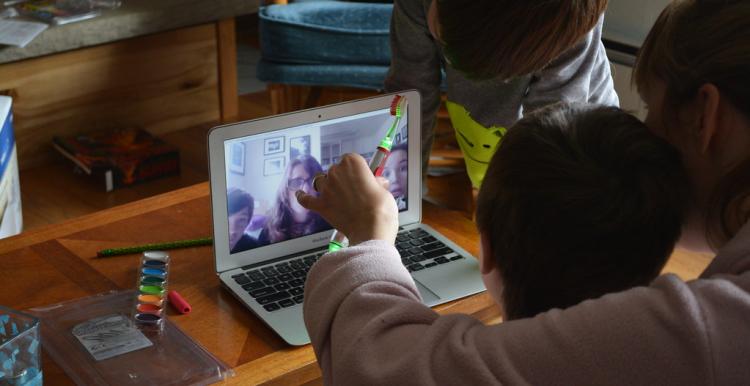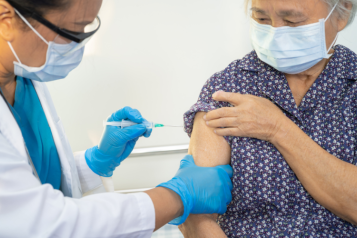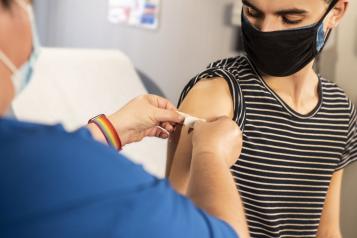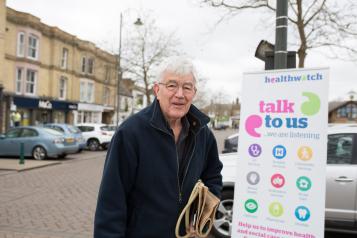Learning lessons from the lock down: how we use technology

This has had a substantial impact on health and social care provision. When the pandemic took hold earlier this year, we began running focus group and interview sessions with local organisations in Westminster and Kensington & Chelsea. We wanted to reach people who are under-represented in conversations about health and social care and ensure their voices are heard during this challenging period. In many of our focus groups and interviews, the changing role of technology in our lives proved to be an important topic for discussion.
This was certainly true in our focus group session with six members of LEGS, an organisation which provides exercise groups, led by physiotherapists, for people who have had a stroke or who live with a neurological condition.
“Some things you can’t just have on the phone. I go from someone saying, ‘you must come in and have your treatment’, to someone saying, ‘no you can’t’”
From listening to participants’ stories in the session, we found that a lack of access to and understanding of new technology often presents a significant barrier to receiving help and support. Participants told us that, in many cases, technological solutions did not provide an adequate replacement for existing arrangements. One participant told us that “being with the person you are talking to really does help”, while another said, “some things you can’t just have on the phone. I go from someone saying, ‘you must come in and have your treatment’, to someone saying, ‘now you can’t’.”
This is a particular issue for those who are less used to using technology regularly. During the session one participant told us that “I am using Zoom now, through LEGS, but [my physiotherapist] is using something called Attend Everywhere. I am not young, so using all this new technology is very stressful for me.” This echoes what we have been told a lot over the past months: it is not just access to technology that can present a barrier to receiving help and support. Feeling confident using technology is important too.
Unfamiliarity with technology, or a lack of access to it, can have knock-on effects. Many participants in the session told us that over this period they have felt stressed, isolated and uncertain as a direct result of technological barriers.
“Video calls are a great improvement to phone calls”
However, some participants in the session did tell us that in certain situations technology has been used well as a replacement for physical meetings and appointments. One participant, for instance, told us that “phone consultations with a GP could be quite good, as you can get things down on the phone which can be useful at the time.” They added that “video calls are a great improvement to phone calls.”
There certainly is scope for good use of technology in health and social care provision. In our session with LEGS, those who were already well equipped and confident in using technology tended to be the most positive. Encouraging those who can use technology to do so, can help reduce the strain on health and social care providers, avoid unnecessary face-to-face interaction, and possibly make some appointments, like initial GP consultations, less time consuming for patients and doctors.
Yet an awareness that not everyone has access to technology, and an understanding that some people, regardless of access, are not comfortable using it for their care, is crucial. Provision for those who do not or cannot use technology needs to remain a vital part of all health and social care services.
From listening to patients over the last few months we have had a number of discussions around the use of technology. Our new use of technology has provided a serious challenge to some, while others have been able to adapt more easily. Ultimately, as long as we are living with COVID-19 restrictions, a balance needs to be struck. Support and arrangements for those who may be otherwise excluded from services need to be provided in systems which also allow those who can engage virtually to do so.
If you’d like to read more of our work during this period, you can browse our reports here.
Get in touch
We want to hear your experiences during this outbreak. Take our ‘Your Experience Matters’ survey now.


